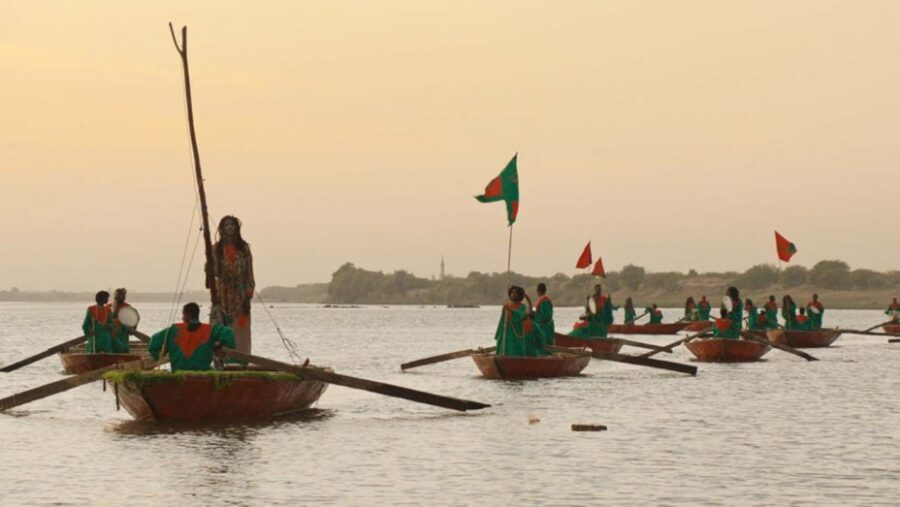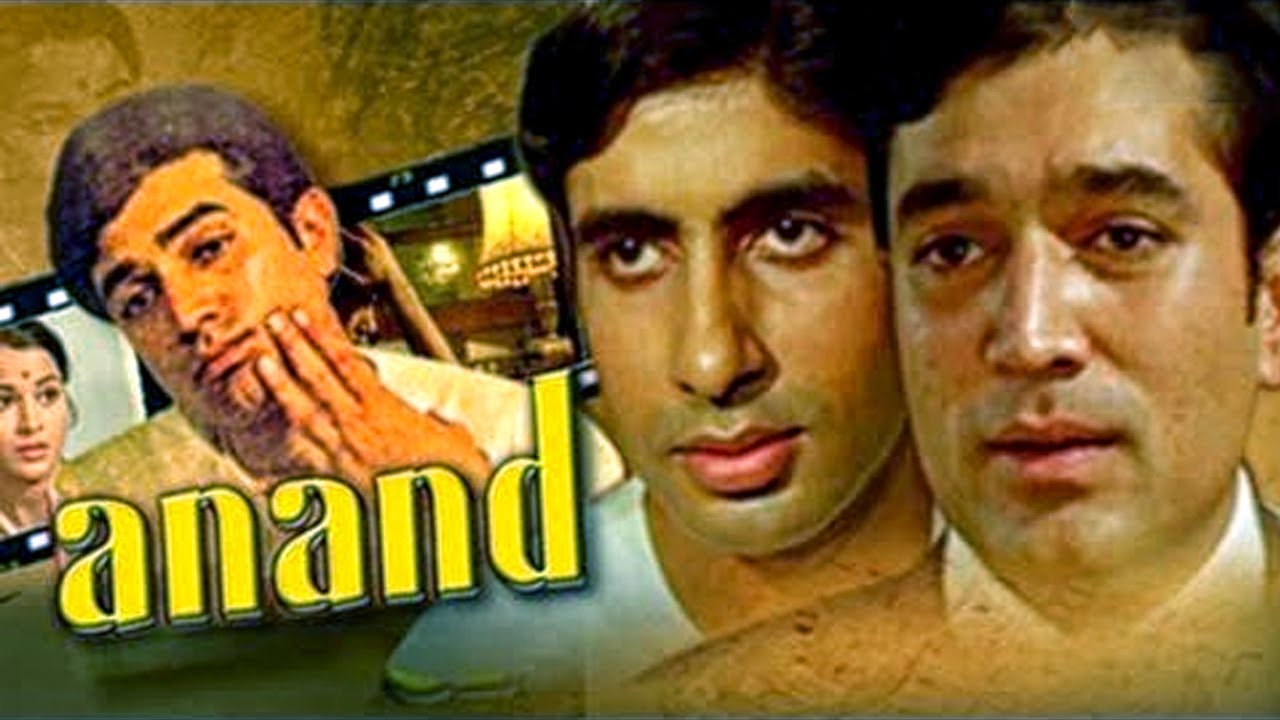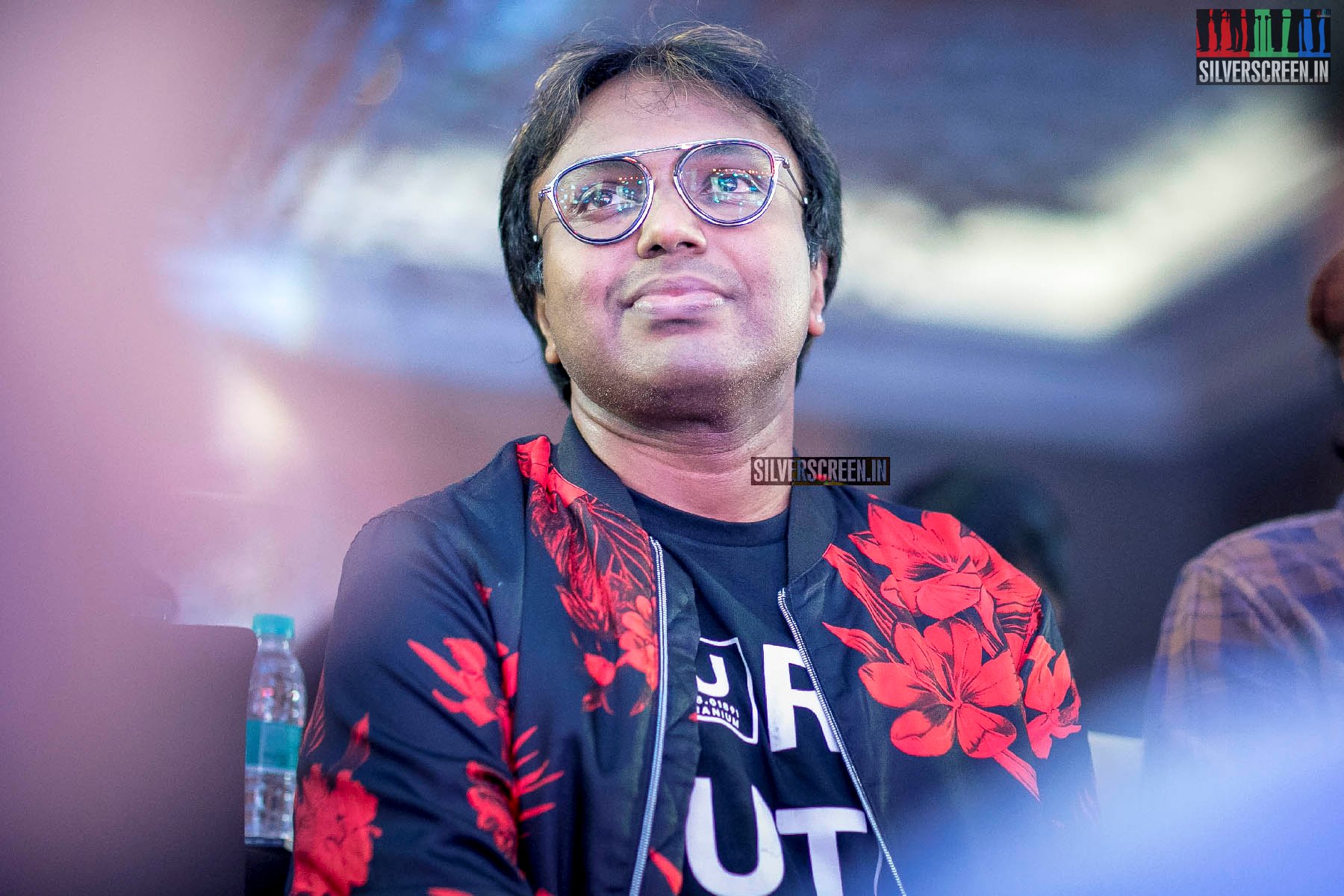Mahmoud Al-Sarraj, a veteran Sudanese theatre actor and musician, plays one of the central roles in You Will Die At Twenty, a Sudanese film playing at 21st Jio Mami Mumbai Film Festival’s international competition section. He talks to Silverscreen.in about the rebloom of Sudanese cinema that was on a decline over the last thirty years when the country was ruled by an authoritarian Islamic government.

img-20191023-wa0013
The Sudanese government, he says, was afraid of art more than anything else because it feared art could change things.
Sudan has a minuscule film industry that has produced several notable short films, television shows, and documentaries, but just eight feature films.
You Will Die At Twenty (2019), directed by Amjad Abu Alala, is one of the Sudanese films currently creating a buzz in film festivals across the world. A human drama about a boy who is destined to die prematurely, the film won the Lion Of The Future award at the Venice Film Festival this year and the best narrative feature award at Egypt’s El Gouna Film Festival in September.
Sudan’s tryst with cinema began in the 1900s, under the British rule. In the 1920s, the capital city of Khartoum got its first cinema which screened silent films. In spite of a dire difficulty in finding financiers (there are no local film producers in Sudan), the filmmaking community in the country thrived until 1989, when the Omar-al-Bashir government came to power through a coup and ruled Sudan until April 2019 when they were overthrown as a result of several months of civilian uprising.
The government didn’t rush into acting against artistic endeavours in the country, says Sarraj. “They never said they were against art. Instead, they choked it slowly, by increasing taxes, curtailing freedom of expression, stopping public fund for filmmakers, and making it hard for cinemas and art practitioners to function. In effect, they were very much against music, cinema, against everything beautiful that reflects Sudanese diversity. They were trying to create a homogenous Arabic Islamist culture. But Sudan is a huge country. We have many languages, religions, cultures. They were essentially fighting against Sudan’s diversity.”
In 1993, the government closed down the Sudan Cinema Club, fired the employees and initiated the collapse of the country’s cinemas. “In the 1980s, the city of Khartoum alone had 20 cinemas. Currently, there is just one left, in Afro Mall in the city,” says Sarraj.
The 59-year-old artiste is actively involved in the field of music. He creates songs for radio shows, TV programmes, and individual albums. “You could play around there (in the field of music). Images were what unsettled the government more. They wanted to dictate what people see. They were to some extent okay with sound.”
The government used music to popularise army and Islam. “They stole old Sudanese melodies and rewrote the lyrics.”
Al-Sarraj’s father was one of the founders of Sudanese modern theatre. “He was a writer-director. He was the first theatre director to cast a woman to play the role of a female character. In 1946. Before that, female roles were played by men.”

img-20191023-wa0011
Although theatre is still popular in Sudan, it has become increasingly difficult to make a living out of it, says the actor. “The income is very little. You work for many days to make a play, but eventually you are able to run it for hardly a month. That’s why we actors remain poor.”
Director Suhaib Gasmalbari’s Talking About Trees, another Sudanese film playing at Mumbai film festival, is a docu-fiction — Sudan’s love letter to cinema — that follows four filmmakers in their 60s, who are trying to revive public film screenings in Islamist-ruled Khartoum. The filmmakers, Ibrahim Shadad, Manar Al Hilo, Suleiman Mohamed Ibrahim, Altayeb Mahdi, studied cinema in Moscow and film schools in France and came back home make movies in Sudan. “The regime made sure that these filmmakers couldn’t make a single movie here. They were hounded, imprisoned and harassed,” says Sarraj.
The generation of the Sudanese population born prior to 1989 was raised on Indian and American films. “You know there were cinemas that thrived only by screening Indian films? We used to dance inside the screening hall to the songs in Indian films. After 1989, foreign films disappeared too.”
How does it feel to live in a place without cinema, I ask. “A lot of sadness,” he replies. “Art is important. I love classic movies that are deep, which talk about human beings and relationships. Films that are critical of our existence, which are about loneliness and which say we need each other.”
He recalls the daily newspaper columns from thirty years ago that listed what people could do in the evening. “Advertisements for cinemas, restaurants, concerts. Those columns were one of the first things to disappear after 1989. That left people with nowhere to go to. Many people left the country. I briefly left for the United States. But I couldn’t adjust to the place, and I came back.”
There was a lot of anger, he says. “We protested. We went to jail. We wanted them to reopen cinemas and our lives.”
The prime reason behind the public anger that eventually overthrew the al-Bashir’s government was corruption.”They were very corrupt. They had great money in foreign lands. They were running after their own benefits when the people suffered here,” says Sarraj.
Recommended
After the collapse of al-Bashir government on 11 April 2019, things have started to look up in Sudan, says Sarraj. “Our old cinemas are undergoing renovation. Soon we will have three or four cinemas in Khartoum. And the artists, filmmakers, and actors who had fled the country are coming back.”
Sarraj’s own daughter is looking forward to be a filmmaker. “She wants to study cinema. There are no film schools in Sudan. So people go to Cairo or France.”
The future looks bright, says the actor. “The revolution of December 2018 was led by young people who were born in the time of the Islamists. It’s very strange. Those young girls and boys who have seen nothing except this kind of oppression, made the change possible.”
***



